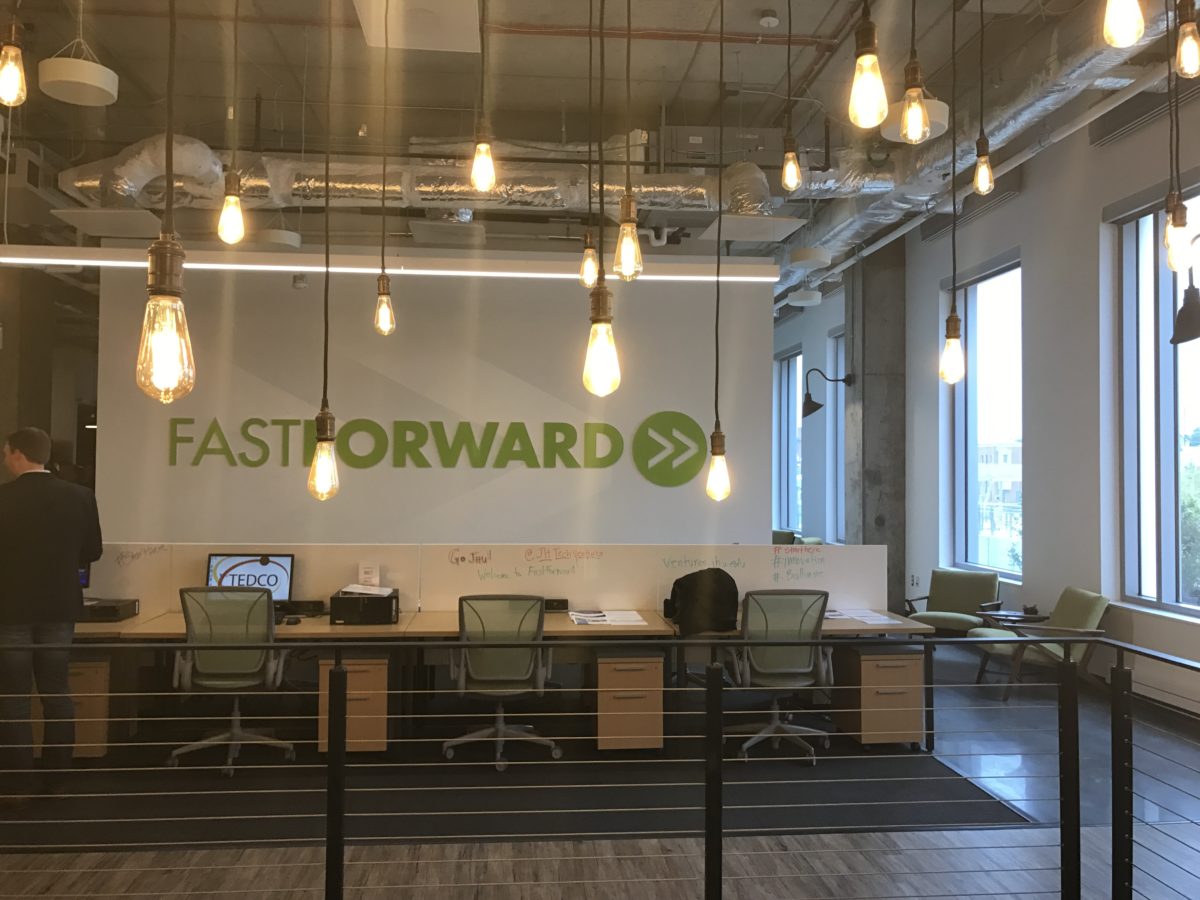Baltimore-based biopharmaceutical company Glyscend Therapeutics closed a $20.5 million financing round that will help to advance its treatment for Type 2 diabetes toward clinical trials next year.
The round was led by healthcare-focused investors Brandon Capital Partners and Santé Ventures. In 2019, the company also previously received seed funding from Breakout Labs, which is a fund in the Thiel Foundation of Paypal cofounder and investor Peter Thiel.
Glyscend will use the funding for product development, scaling up manufacturing, and proof-of-concept clinical trials that are slated to begin in Australia in 2021.
The company is developing an oral therapy that is designed to offer specific benefits of surgery, without the need for invasive procedures.
“The technology we are developing was inspired by the remarkable efficacy of gastric bypass surgery in correcting the metabolic disorder associated with” type 2 diabetes, said Dr. Ashish Nimgaonkar, CEO of Glyscend, in a statement. “Our goal is to develop an oral medication that works locally in the gastrointestinal tract to provide the benefits of gastric bypass surgery while greatly reducing the potential risks and complications.”
Founded in 2104, the company evolved from research that originated at the Johns Hopkins’ Center for Bioengineering Innovation and Design, which has served as a launch point for multiple startups, via collaboration between the labs of Nimgaonkar and Dr. Jay Pasricha. In this research, scientists “were evaluating the mechanisms that result in significantly improved glucose and metabolic regulation” following certain types of weight loss surgery, Nimgaonkar said. In seeking to create non-absorbable drugs, the team tapped the expertise of medicinal polymer chemist Dr. Thomas Jozefiak, who is chief scientific officer.
It licensed technology from the university, and is now based at the FastForward 1812 innovation hub near Johns Hopkins Hospital in East Baltimore, which has become a biotech hub through offering access to coveted wet lab space in the city and proximity to other young companies.
“Being located close to John Hopkins University has been vital for us grow by tapping into the deep scientific expertise roots,” Nimgaonkar said. It also offers “access to the wealth of knowledge from one of the country’s leading healthcare universities.”
Additional materials science research and development is also conducted at a Lowell, Massachusetts, location of JLABS, which is Johnson & Johnson’s startup incubator.
Along with the funding, entrepreneur and executive Dr. Karen Talmadge, who cofounded Medtronic-acquired medical device company Kyphon and is a 25-year member of the American Diabetes Association, joined the company’s board.
“Type 2 diabetes is a terrible disease whose personal and societal impact is both under-appreciated and deeply misunderstood,” Talmadge said in a statement. “I am honored to join Glyscend’s board to help fulfill the company’s mission of providing life-changing benefits to patients with diabetes by reducing or eliminating the burden of disease.”
Join our growing Slack community
Join 5,000 tech professionals and entrepreneurs in our community Slack today!
Donate to the Journalism Fund
Your support powers our independent journalism. Unlike most business-media outlets, we don’t have a paywall. Instead, we count on your personal and organizational contributions.





